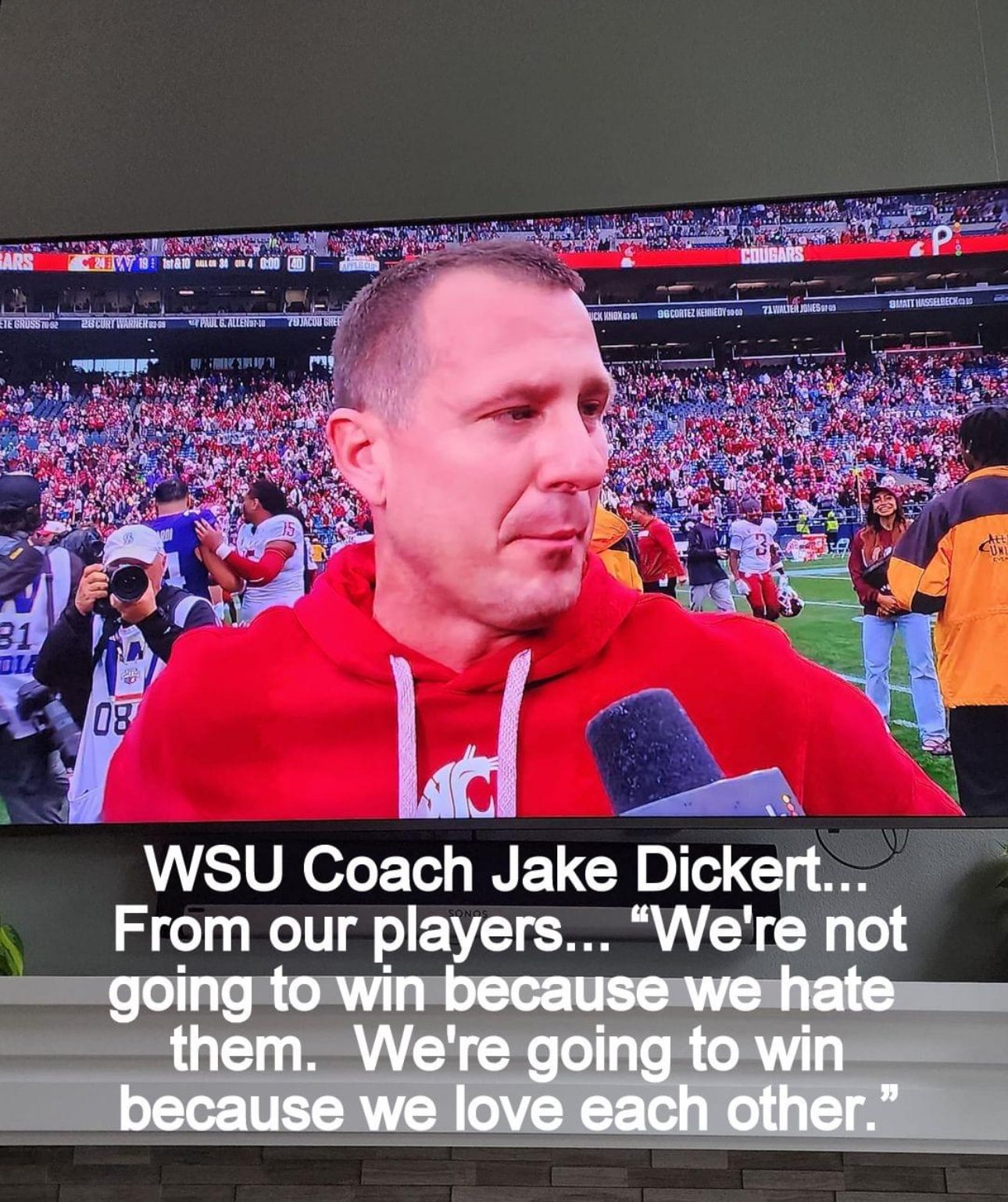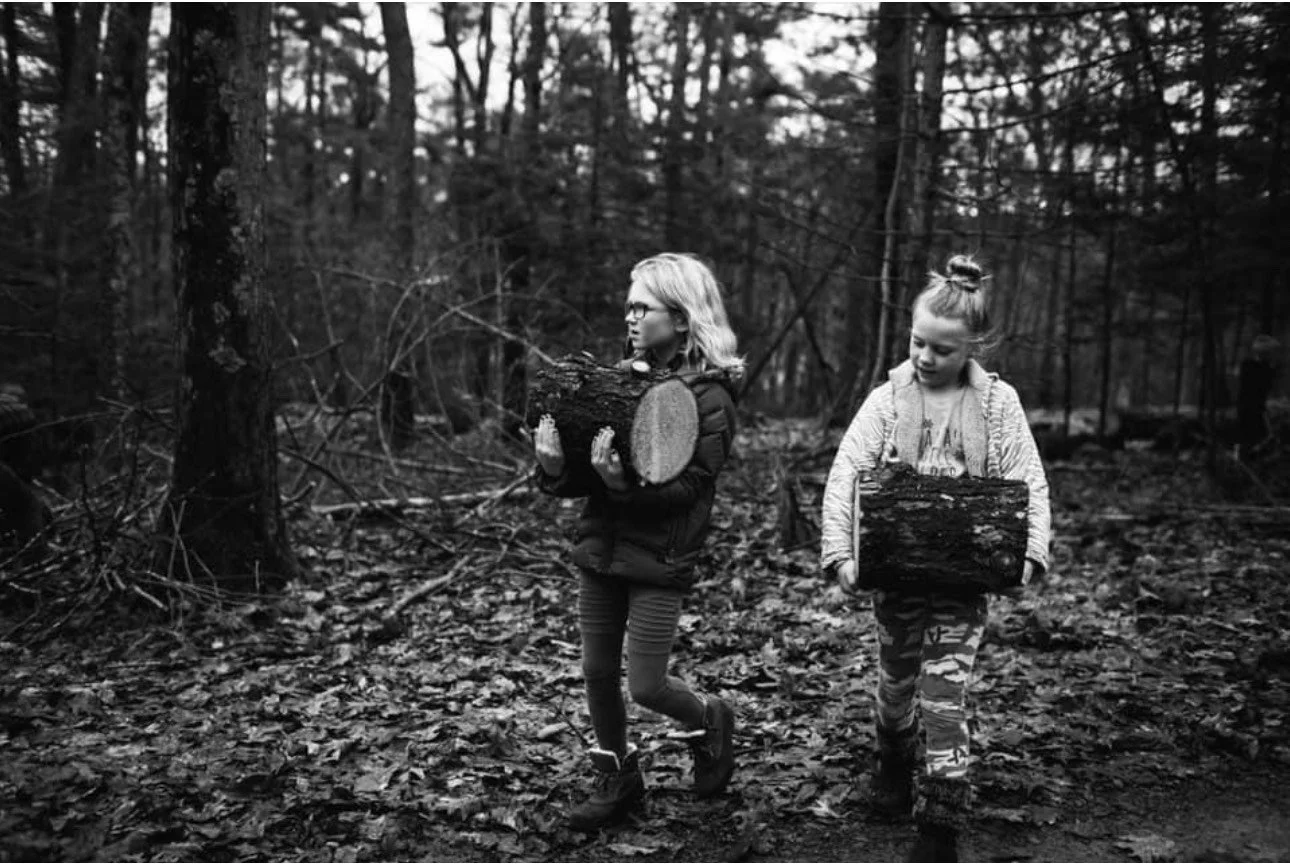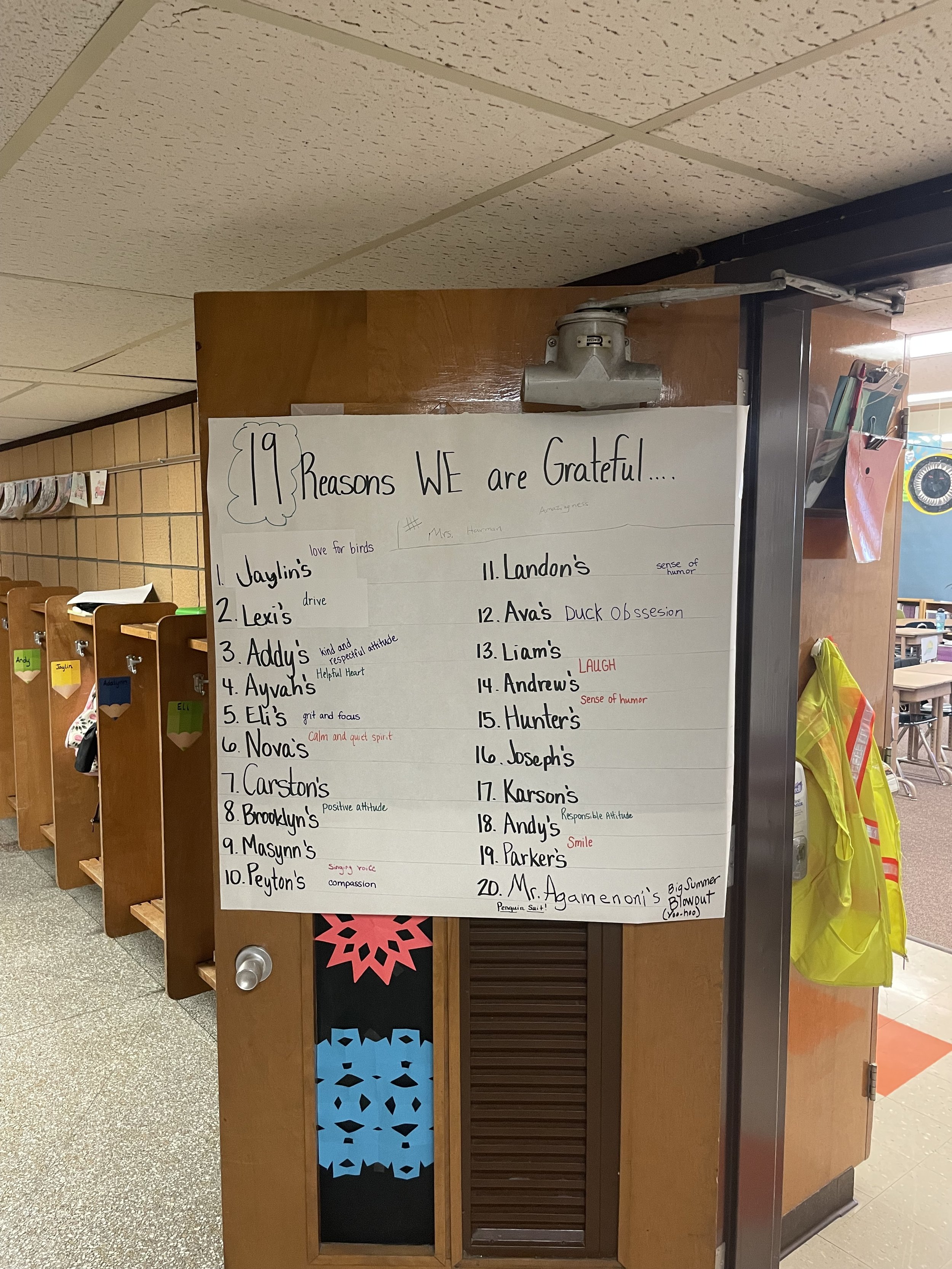There’s a story I love about a boat. More specifically, about being irritated with one drifting in our way.
Picture yourself on a lake, heading toward your favorite spot. Off in the distance, a boat wobbles left and right, blocking your path. You wave, shout, and grow frustrated as you steer away. The boat keeps drifting closer. Anger rises—until you notice something.
There’s no driver.
And suddenly, the anger is gone.
Why? Because what we thought was intent turned out to be circumstance.
I was reminded of that this week in a parking lot. A truck sprawled across two spaces, crooked and careless. I rolled my eyes, muttered something about “fricken out-of-state drivers” (California plates, of course), and even snapped a picture for a potential Friday Thought. Our mistakes affect others, I told myself.
Then the driver walked up with his groceries. He asked why I was photographing his truck. When I explained, he told me the truth: the car before him—now gone—had double-parked. His truck wasn’t sloppy. It was the only option.
And just like that, my frustration disappeared.
Most of the time, our frustration isn’t about what happened. It’s about the story we tell ourselves about why it happened. We assume intent: they don’t care… they’re inconsiderate… they’re trying to make my life harder.
But what if—like the boat, like the truck—there’s no intent at all?
What if the teacher next door didn’t mean to be dismissive, they were just lost in thought?
What if the student wasn’t being disrespectful, but overwhelmed and caught at the wrong moment?
What if the parent isn’t mad at you, but scared for their child, weighed down by bills and worry, and you’re the only safe (or available) place to aim it?
The actions may still be wrong—the truck was still blocking others—but the intention wasn’t to harm. More often than not, it’s just life. Just circumstance. Just incomplete humans doing the best they can, in need of a little more grace.
The boat analogy doesn’t make life less messy, less frustrating or hurtful. But it turns down the burners a bit. It softens anger and keeps false accusations at bay. For me, anyway. And if I can continually keep the swerving boat and misparked truck in mind, it makes phone calls with parents, conversations with colleagues, and interactions with students a bit more calmer, kinder, and far more empathetic.
That's what I've been thinking about this week.




















